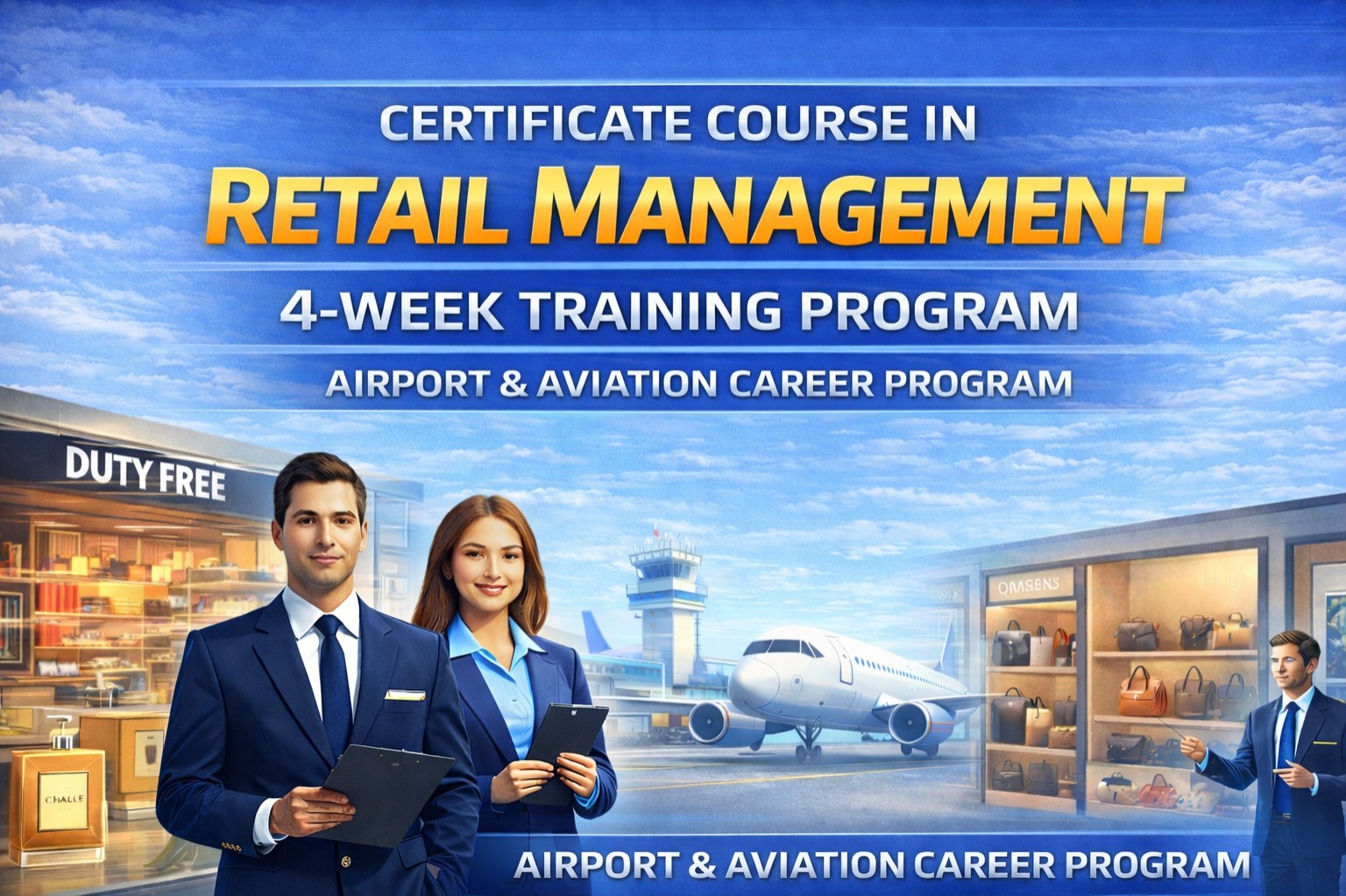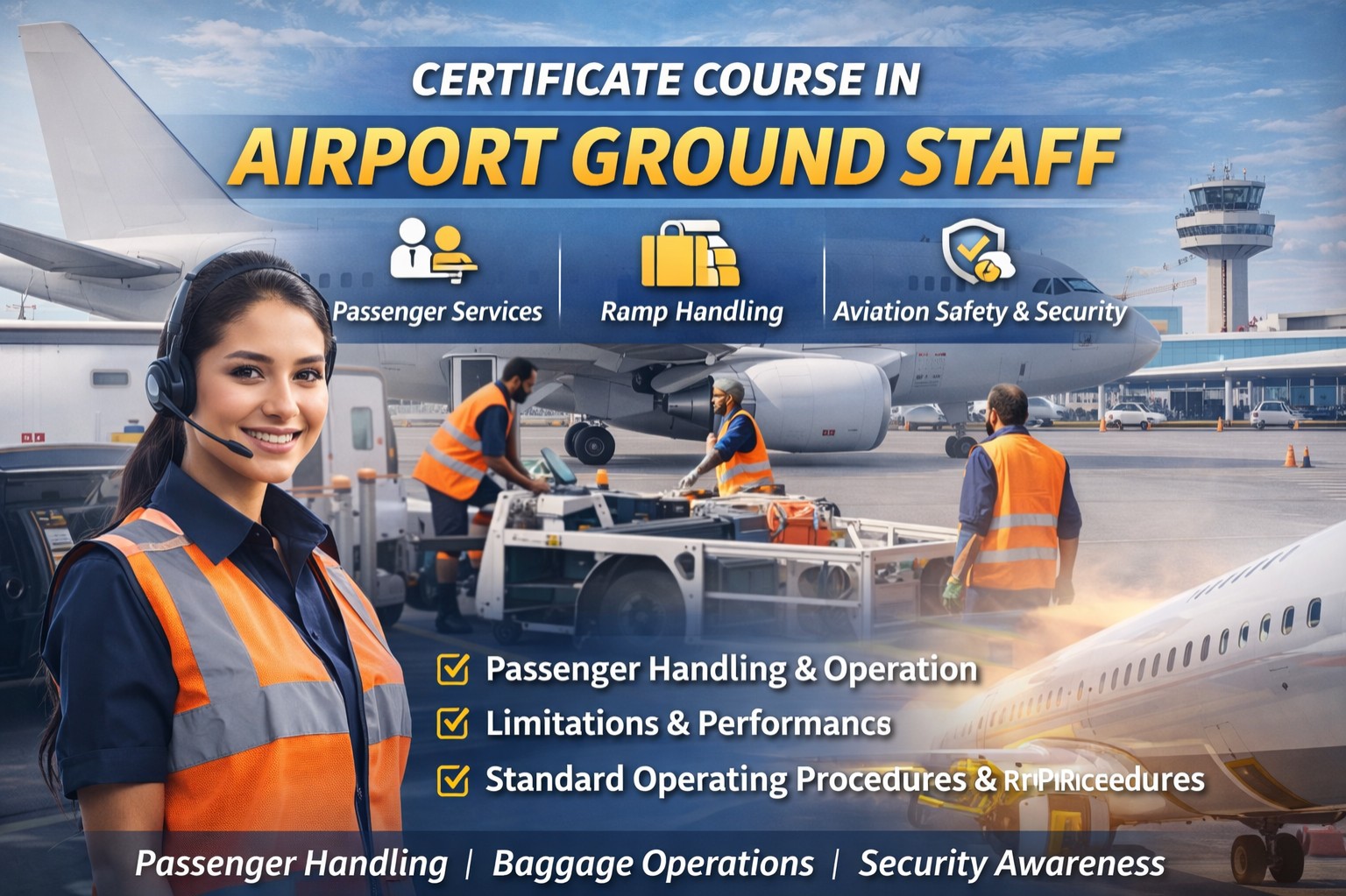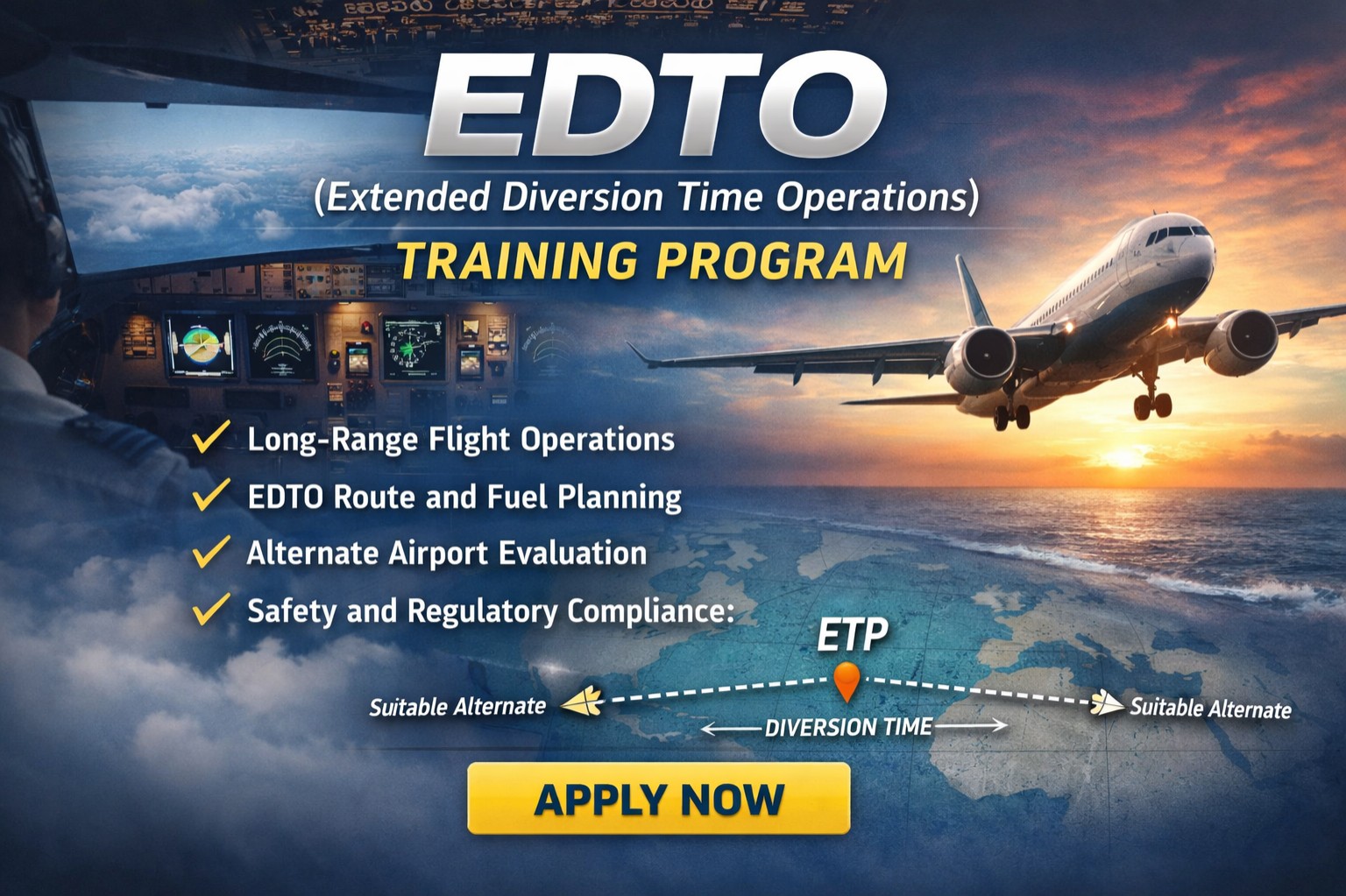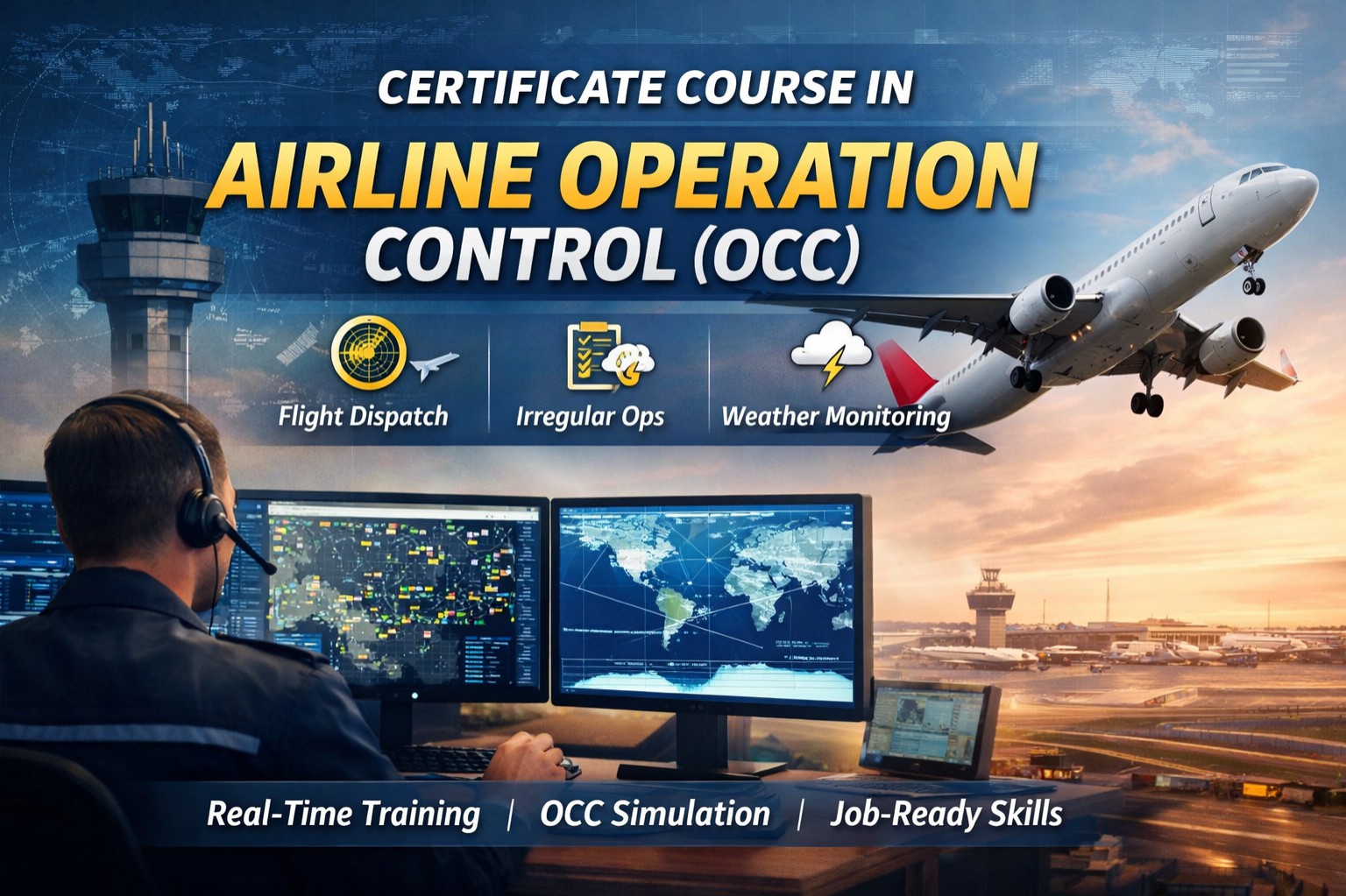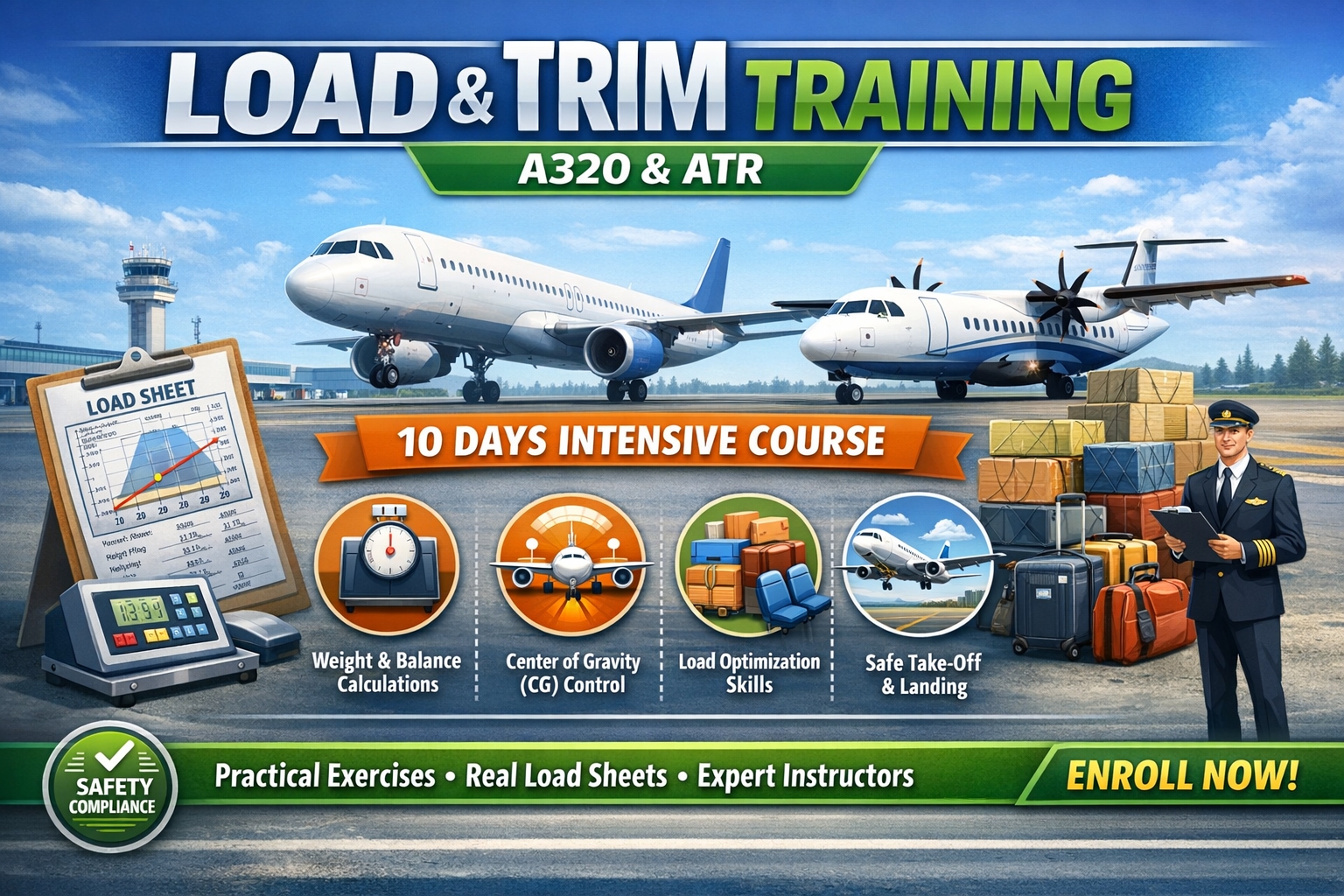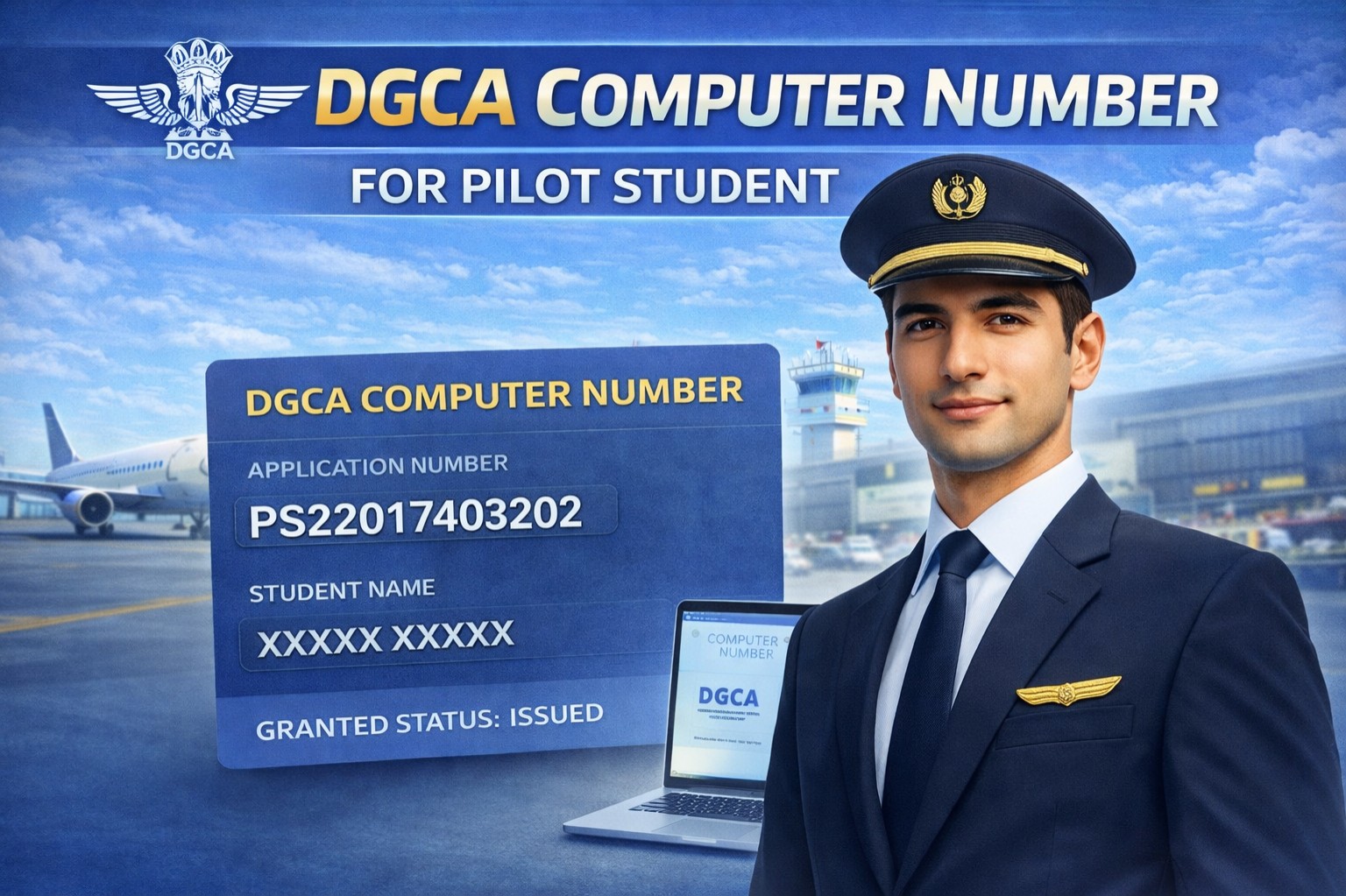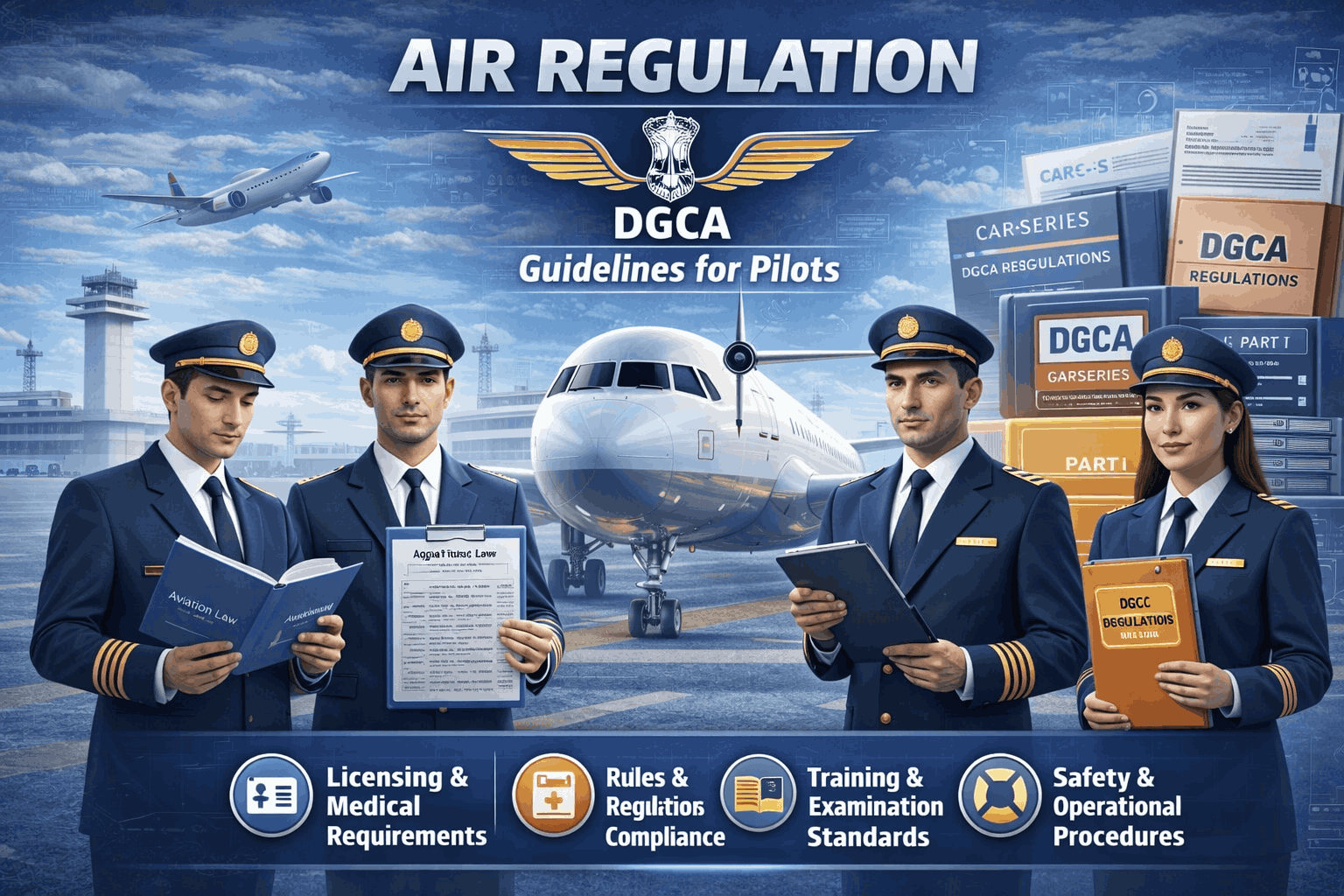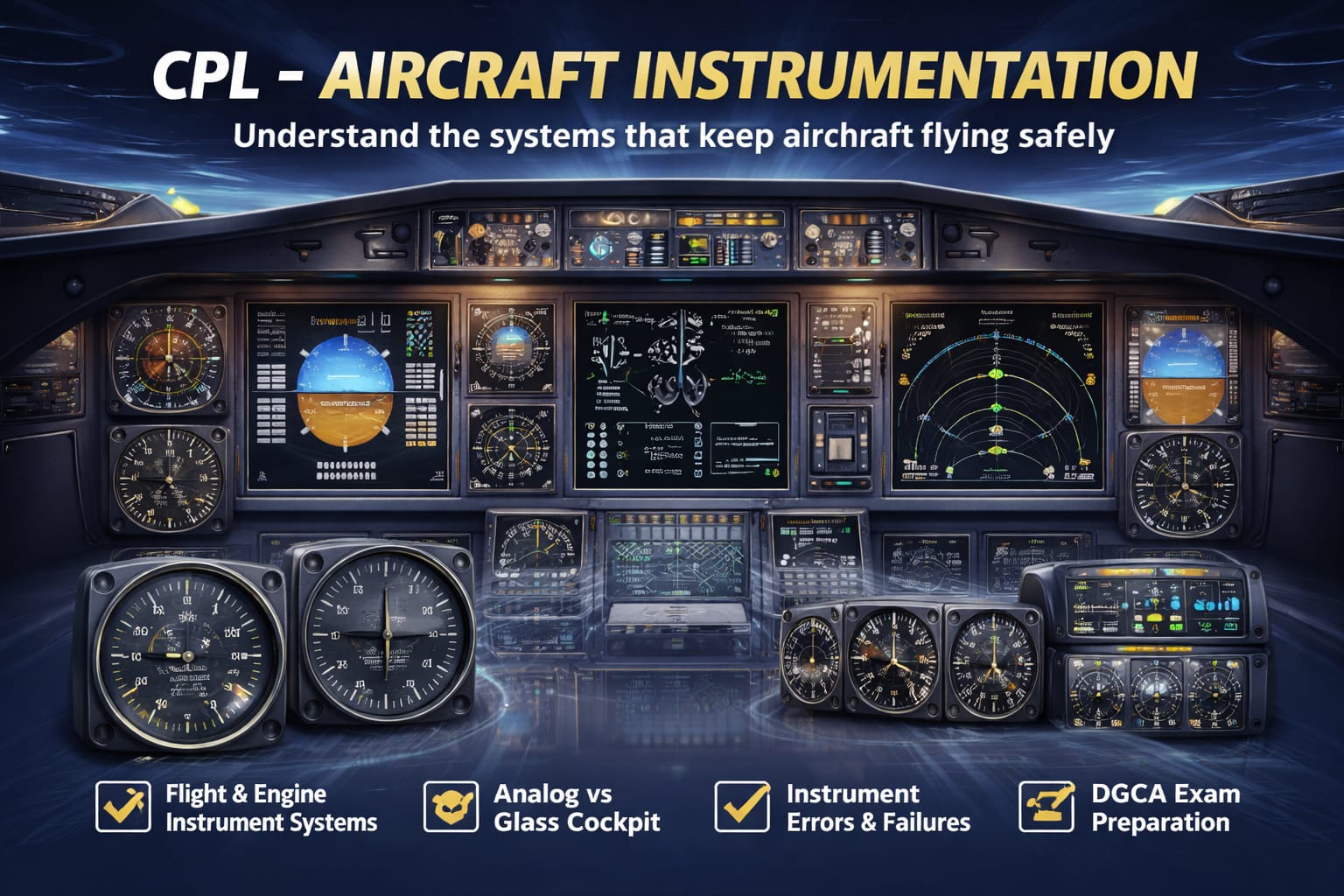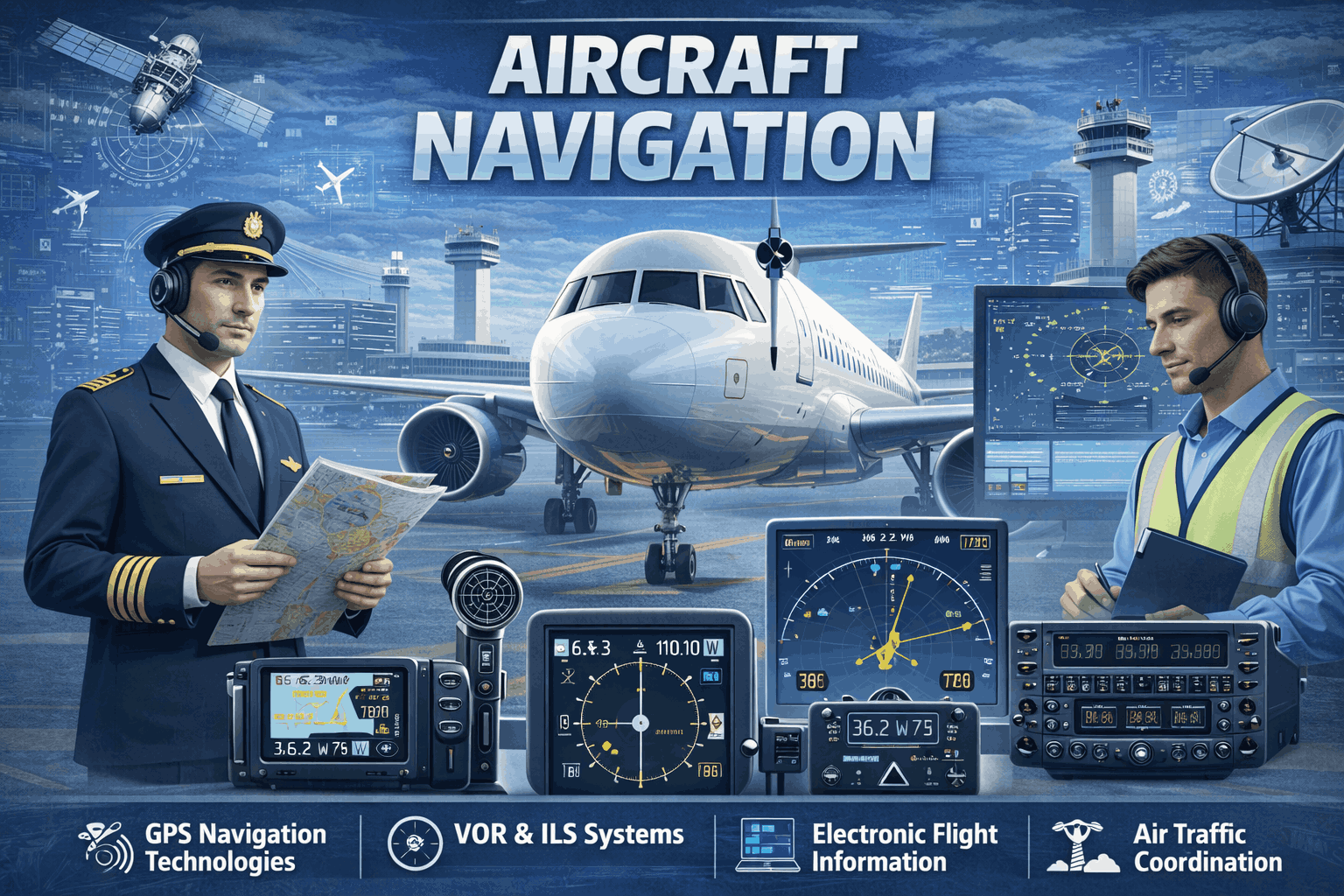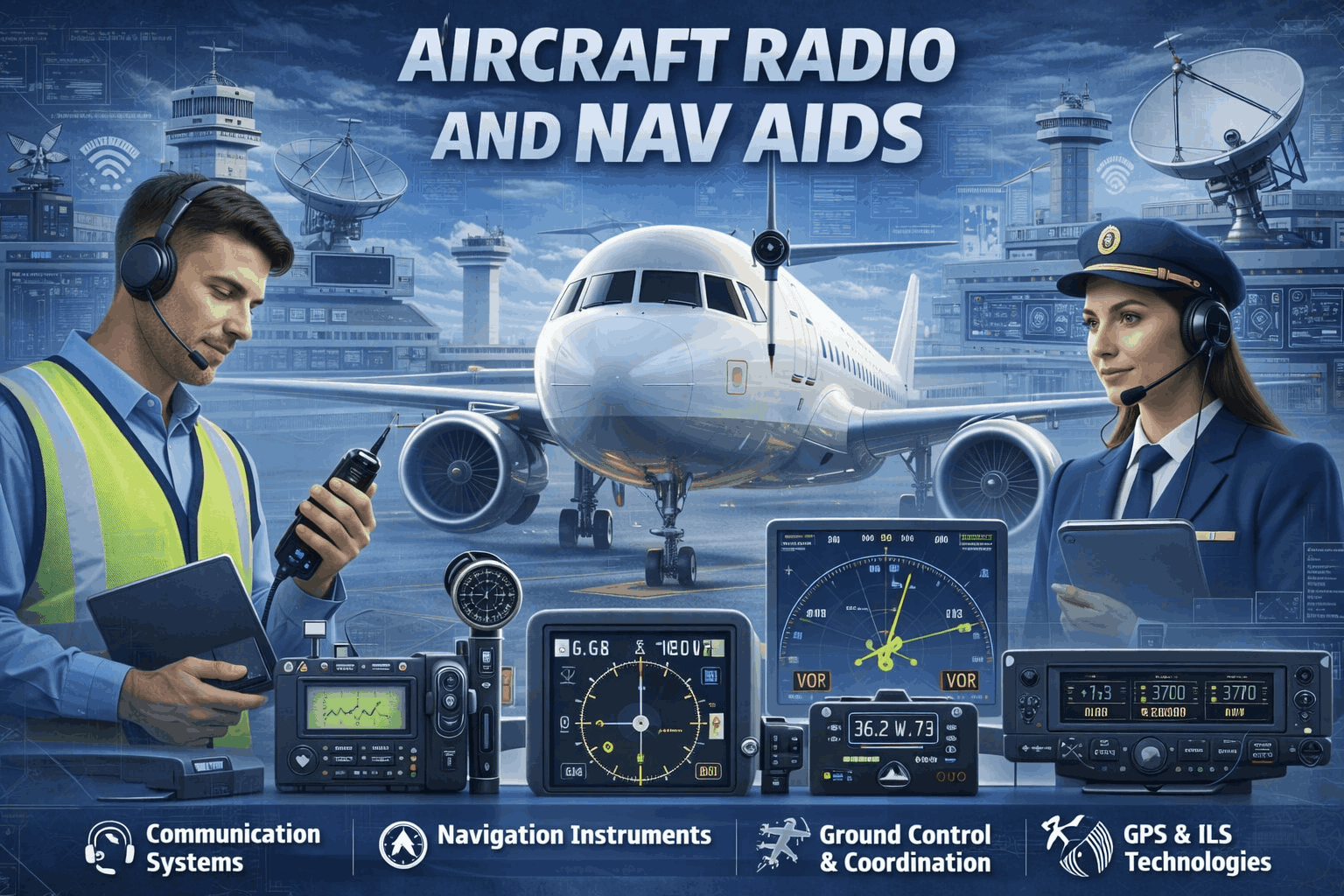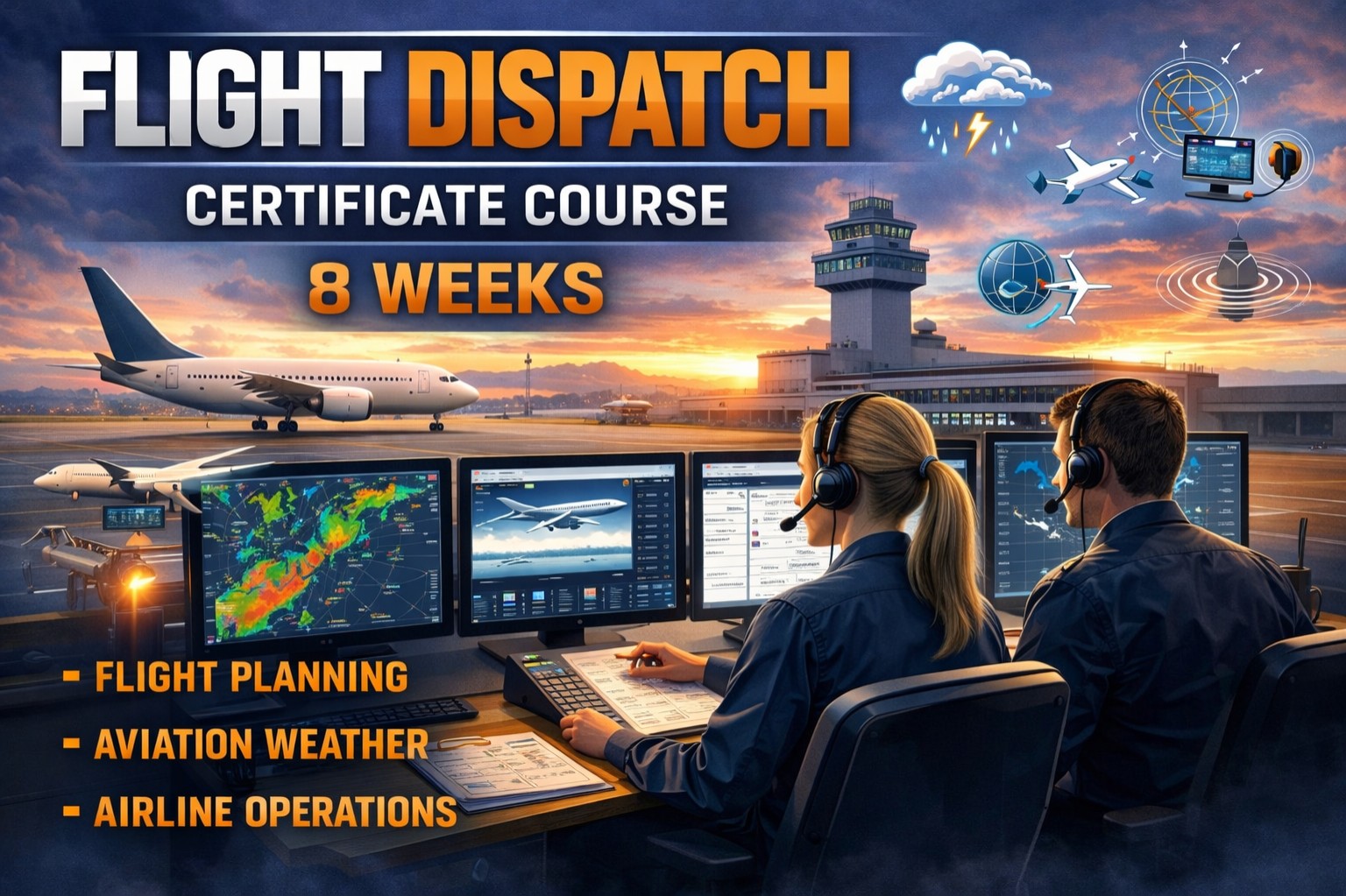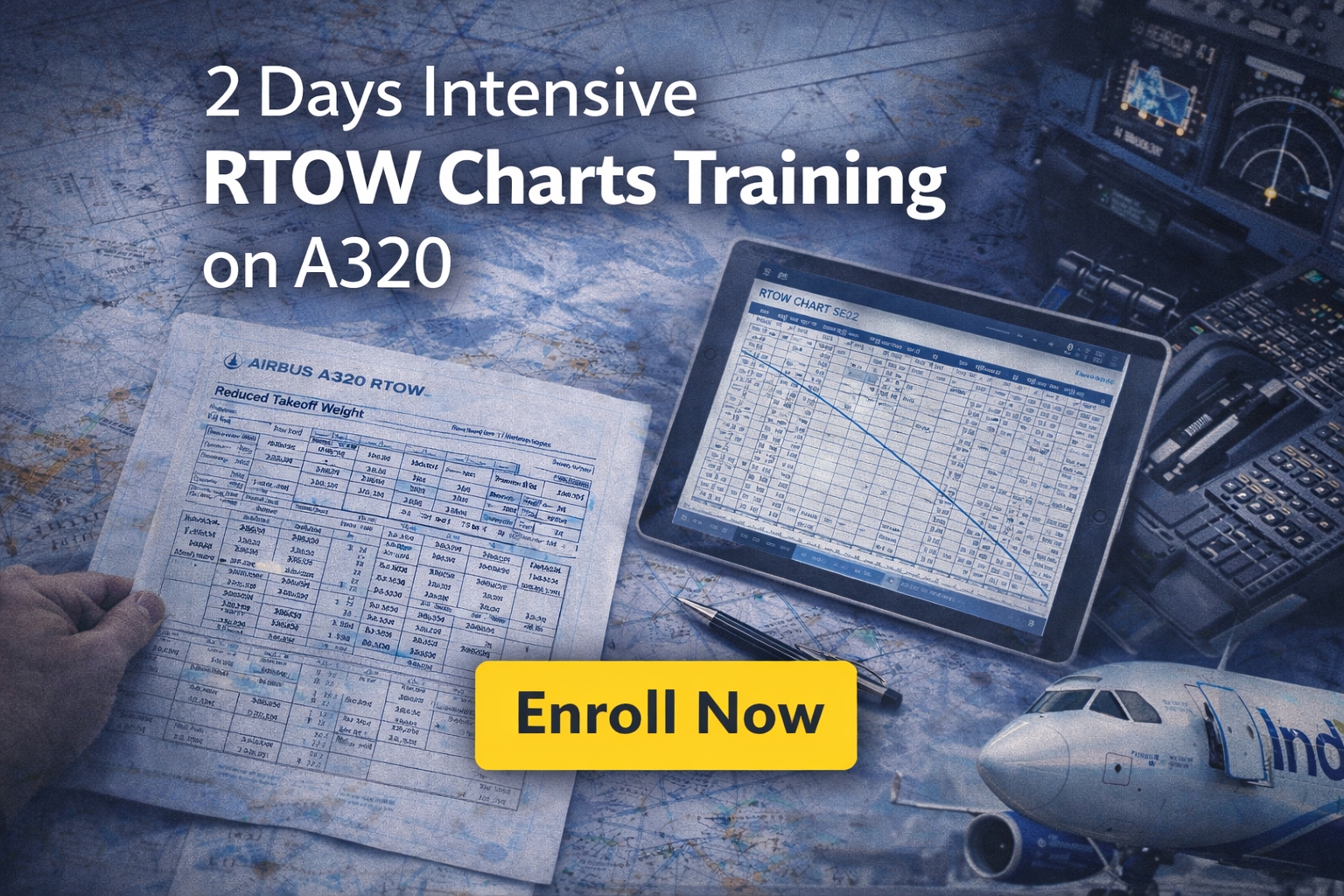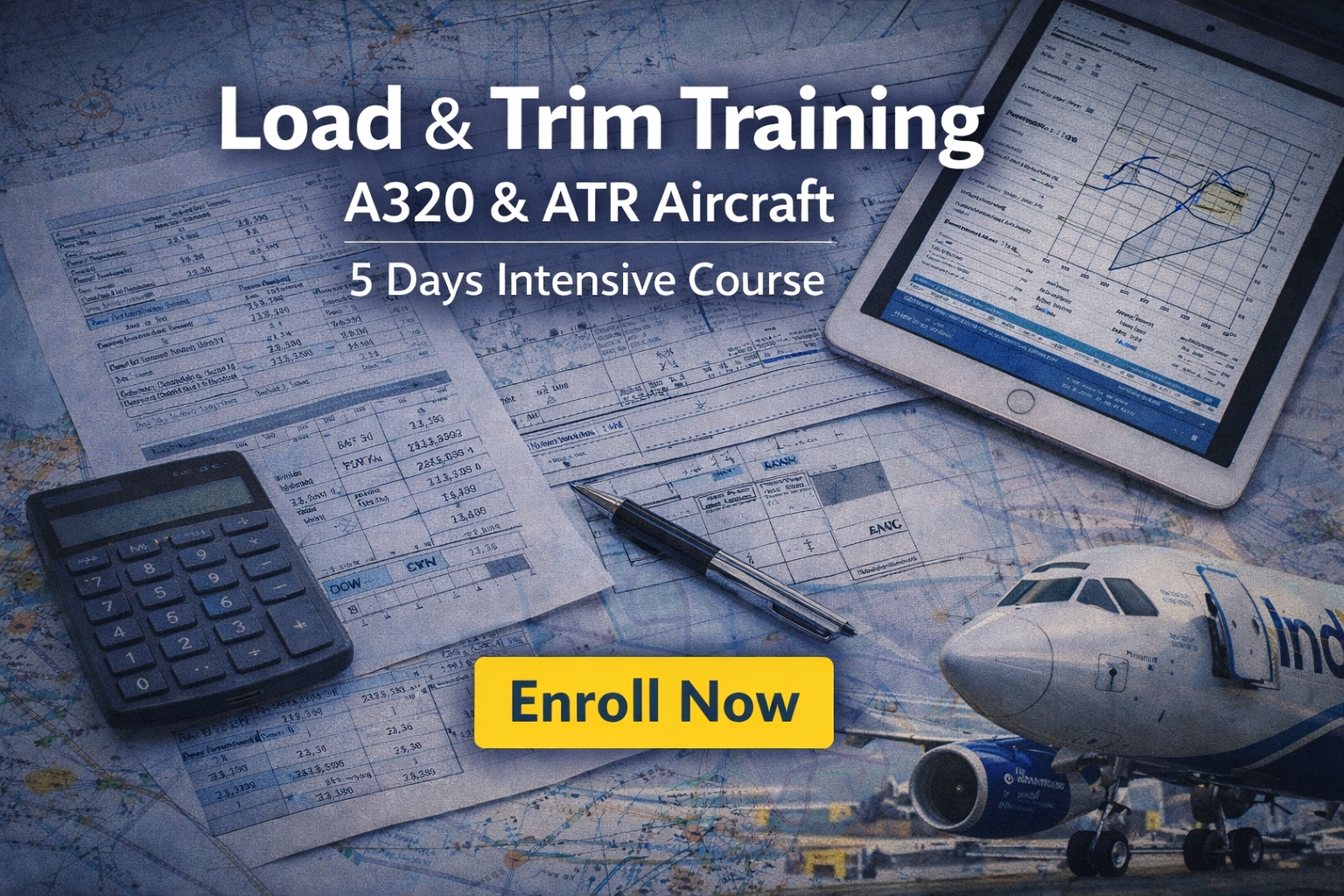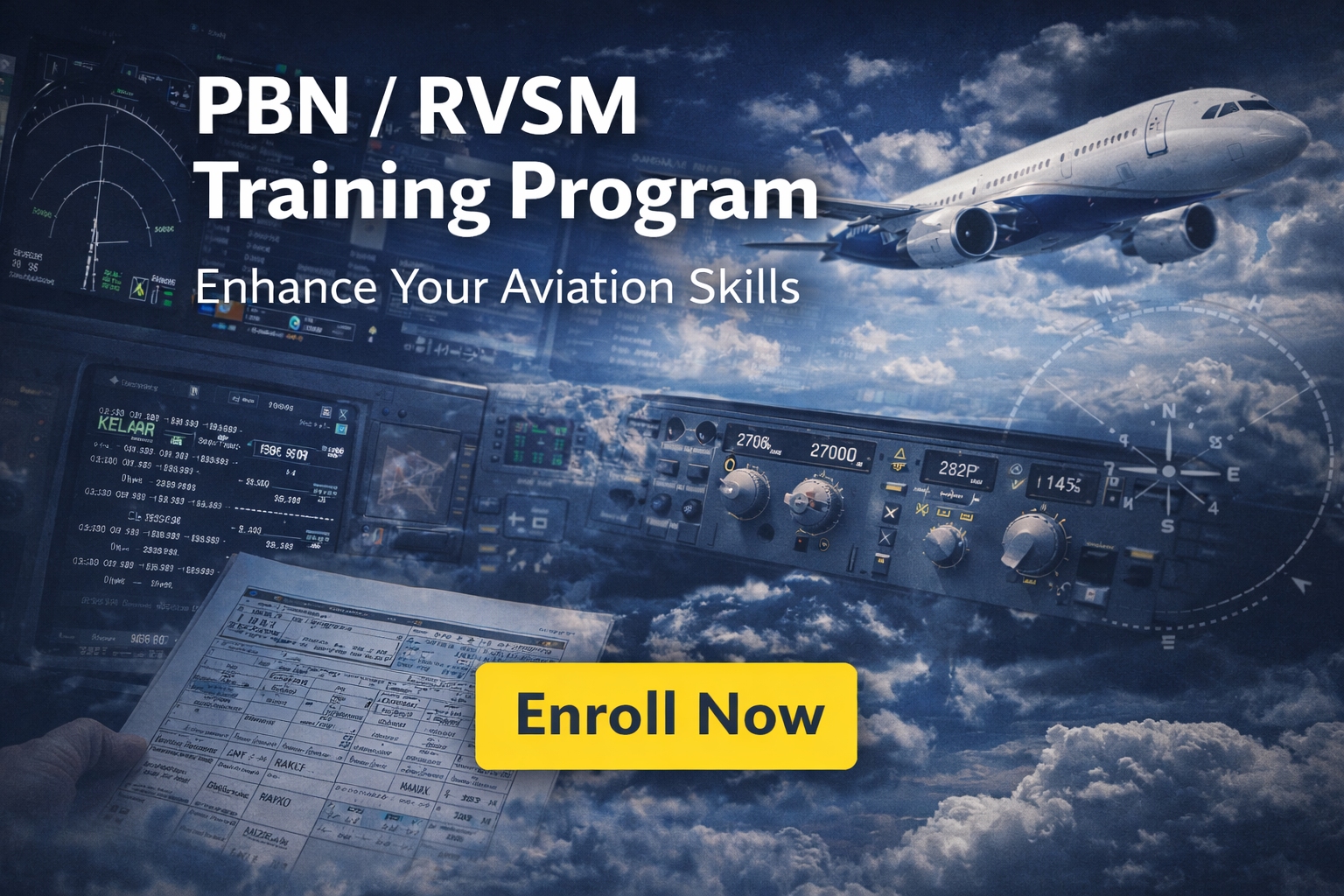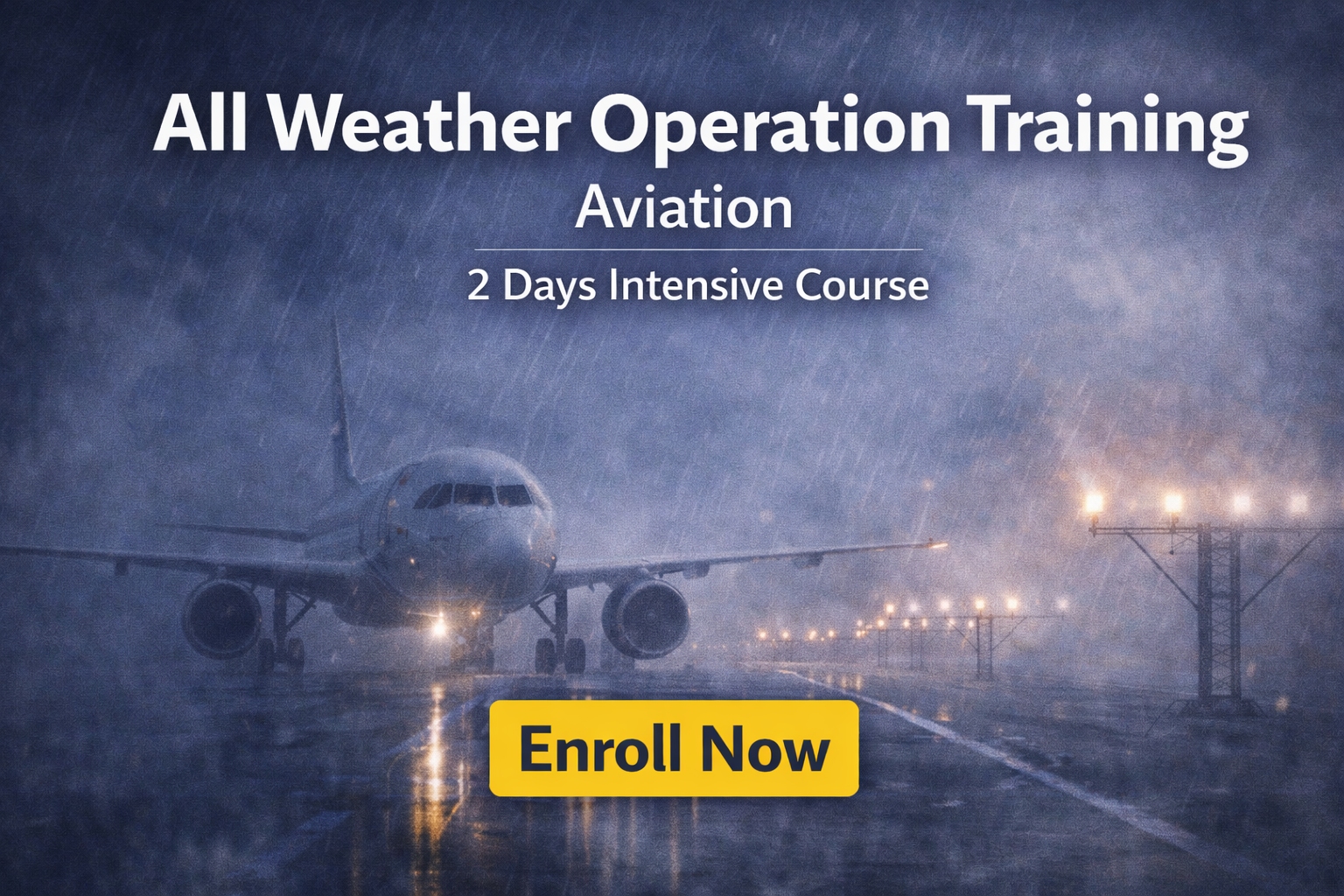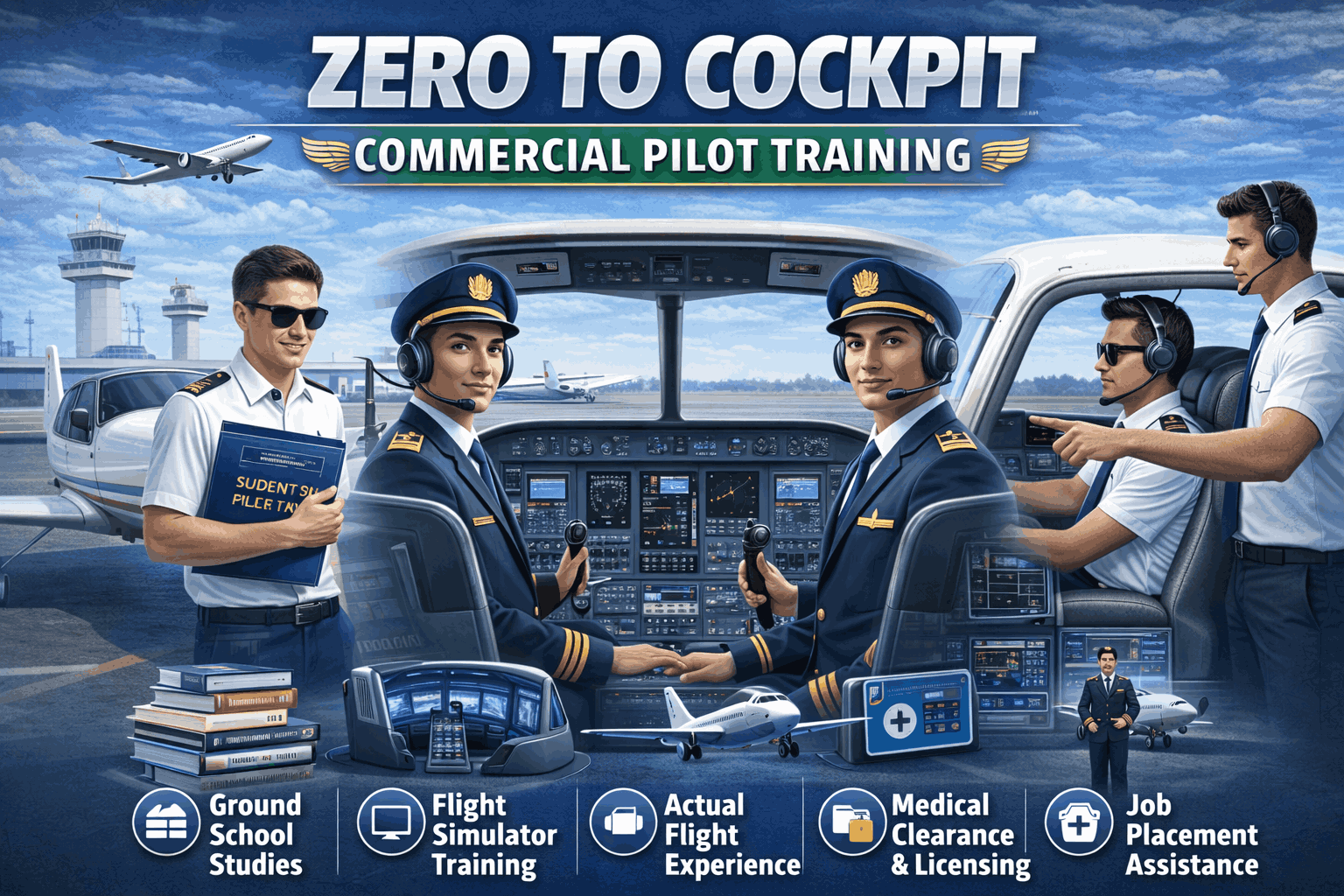CPL Meteorology
- 04 Weeks
- 80 Lectures
- 89+ Students Enrolled
Aviation meteorologists focus on the weather patterns impacting: aircraft that are already in the sky, flying toward their destinations, planes that are about to take off, or planes that are about to land. They continually monitor and forecast the weather and pass the information to the aviation industry to make informed decisions.
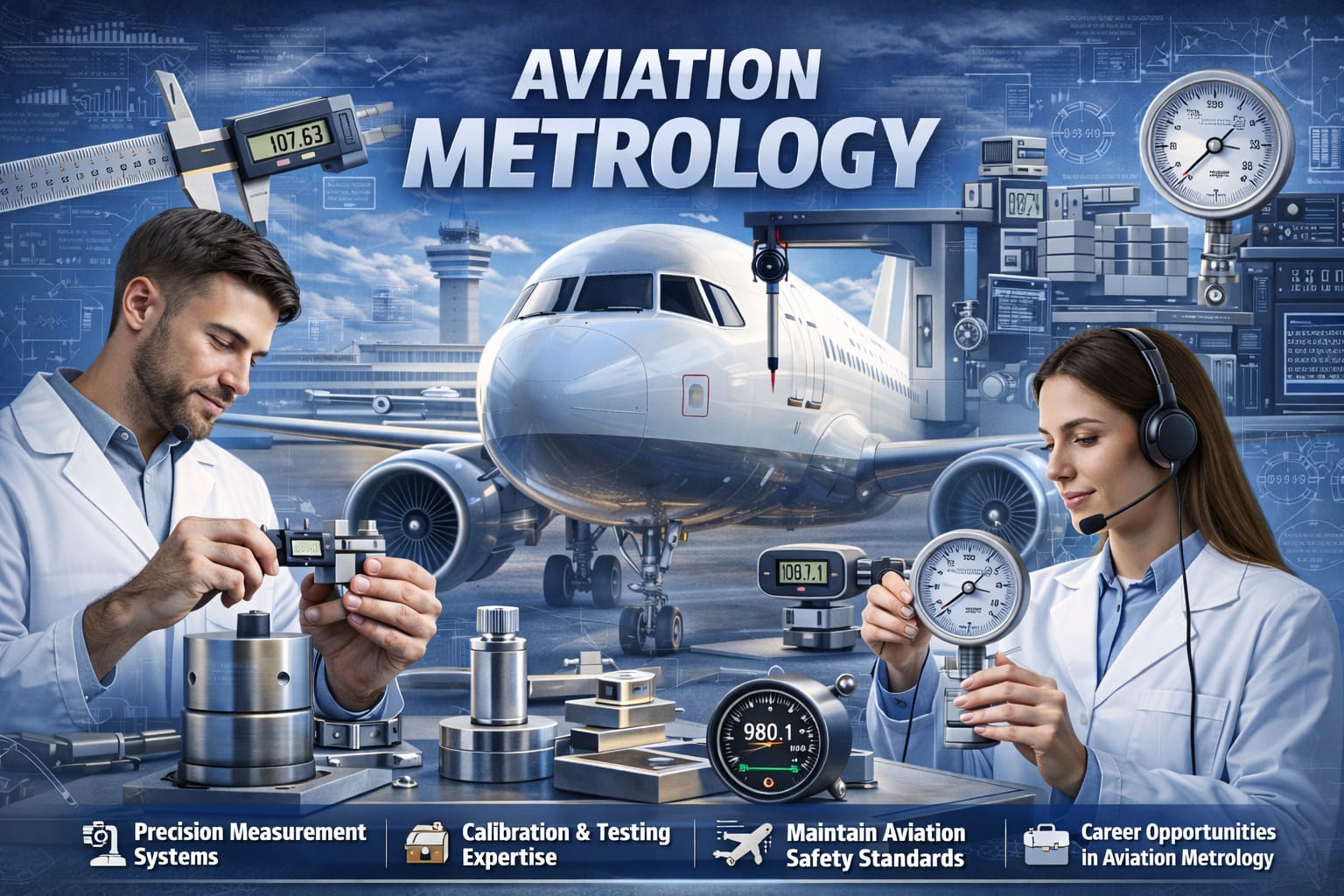
Course Overview
Plan flight routes more efficiently, using less fuel, and staying on schedule.
Plan flight routes more efficiently, using less fuel, and staying on schedule.
Monitor atmospheric conditions in real time.
View weather and atmospheric conditions at multiple altitudes, including upper-air flight support.
Predict specific weather conditions along your flight path, not just at take-off or landing.
Understand basic aviation weather
Requirements
- CPL/PPL/BSc. Engineering / BTech/BE
- Good Communication Skills
- Basic Knowledge of Aviation will be an added advantage.
- Age Group -18-27 Years
Certification
Certification (or award, credential, license, diploma, degree, etc.) follows the process of assessment and is a record that the individual’s competency has been validated.
The certificate is usually issued by an Awarding Body, which has public trust and competence; conferring official recognition of an individual’s value in education, the labor market, and training.
SSCs, in their capacity as the Awarding Body of the qualification, give the final sign-off on the results and generate certificates for successful candidates.
What you'll learn
- Atmosphere, Temperature and Pressure
- Visibility and fog forecasting
- Understanding Clouds and WX
- METAR and TAF
- Understand basic aviation weather
Course Curriculum
- ICAO & IATA Codes
- Description on Atmosphere
- Description of Meteorologist jobs and responsibilities.
- Visibility and fog forecasting
- Understanding Clouds and WX
- Understanding METAR, TAF, and WX Decoding.
- Understanding Winds, Clouds
- Understanding Visibility and Fog
- Climatology of India
- Met Instrument and Services for Aviation
- ASI and VSI
- Altimeter and Machmeter
- Gyroscope
- Radio Altimeter
- GPWS, ILS, ACARS
- METAR, SPECI, and TREND
- TAF, AFROR, and ROFOR
- Radar Report and SIGMET message
- Met Documentation and Briefing
- MET Instruments
Skill Development Achievements
- 235 private sector partnerships for training and capacity building, each to train at least 50,000 persons over a 10-year period.
- 38 Sector Skill Councils (SSC) approved in services, manufacturing, agriculture & and allied services, and informal sectors. Sectors include 19 of 20 high-priority sectors identified by the Government and 25 of the sectors under the Make in India initiative.
- Vocational training introduced in 10 States, covering 2400+ schools, and 2 Boards, benefitting over 2.5 lakh students. Curriculum based on National Occupational Standards (NOS) and SSC certification. NSDC is working with 21 universities and community Colleges under UGC/AICTE for alignment of education and training to NSQF.
- Designated implementation agency for the largest voucher-based skill development program, Pradhan Mantri Kaushal Vikas Yojana.
- Skill Development Management System (SDMS) with 1400 training partners, 28179 training centers, 16479 trainers, 20 Job portals, 77 assessment agencies and 4983 impaneled assessors. Hosting infrastructure certified by ISO 20000/27000 and supported by dedicated personnel.
Submit Reviews
Course Includes:
- Student Enrolled89+
- Topic20+
- Lectures80+
- Lifetime Access
- Certificate of Completion
